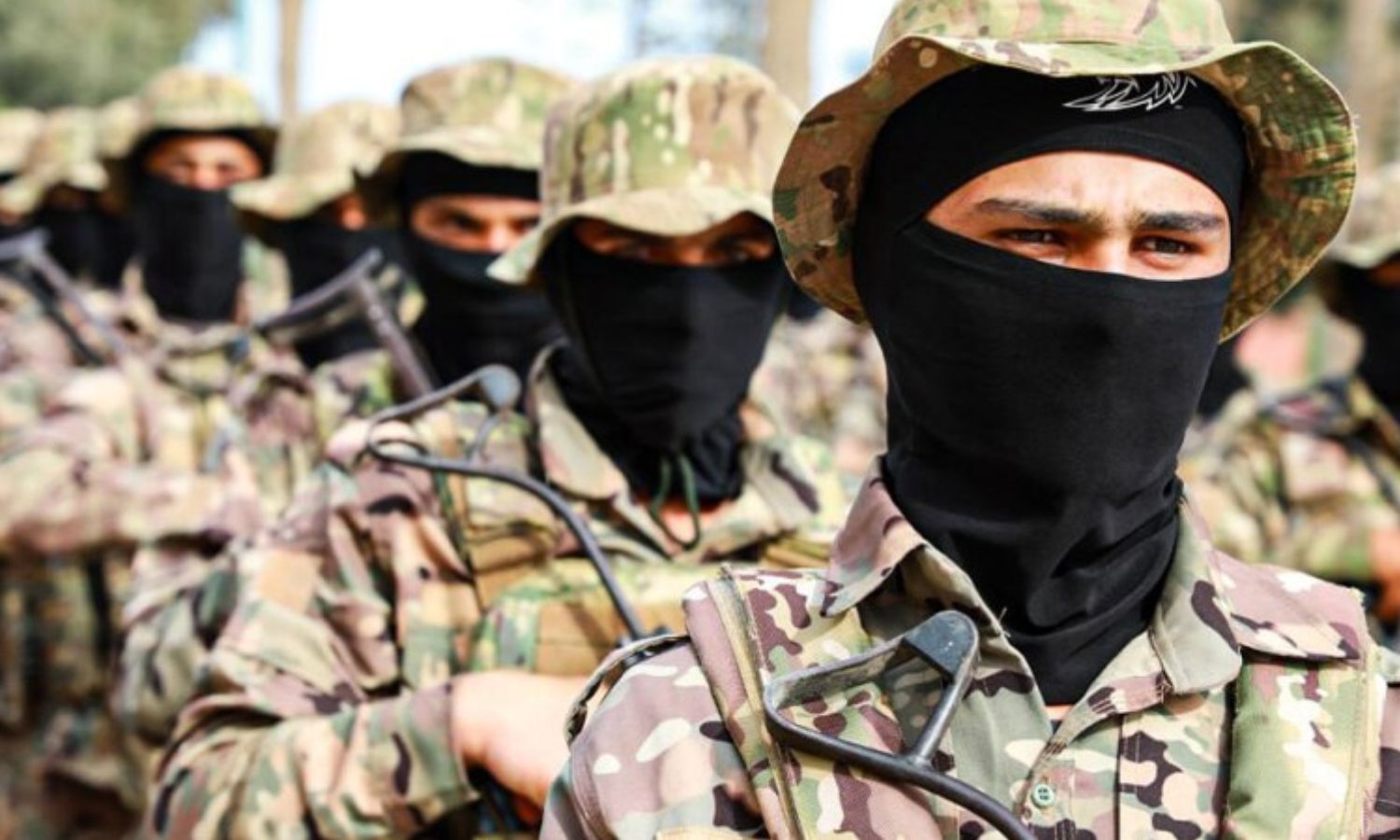Negotiations between the Syrian government and the Syrian Democratic Forces (SDF) have resumed following months of stagnation over the implementation of the March 10 agreement. Despite persistent differences, recent statements suggest cautious steps toward partial understandings—particularly on decentralization, cultural rights, and administrative coordination.
The March agreement, signed by transitional President Ahmad al-Sharaa and SDF commander Mazloum Abdi, outlined eight points, including the integration of civil and military bodies into the state and recognition of Kurdish cultural and political rights. However, key issues—most notably the integration of SDF military forces and the scope of decentralization—remain unresolved.
Abdi has reaffirmed his commitment to implementing the agreement by year’s end, while Syrian officials express skepticism over SDF’s willingness and internal coherence. U.S. envoy Thomas Barak has urged the SDF to expedite its cooperation, asserting that Damascus has shown unprecedented flexibility.
A potential breakthrough may lie in Deir ez-Zor, where discussions are reportedly underway for a phased transfer of governance. Yet internal SDF sources deny any formal plans for withdrawal, citing local opposition and fears of ISIS resurgence. The possibility of conflict escalation remains, with ongoing military buildups and tribal unrest complicating the situation.
Discussions around decentralization have gained momentum, with SDF leaders signalling readiness to accept central control over sovereignty-related sectors—such as borders and airports—while advocating local autonomy in service delivery, education, and security. Analysts see this as a shift that could align with Damascus’ emerging administrative reforms.
Still, the most contentious file remains military integration. While Abdi supports the principle of a unified Syrian army, he warns that merging tens of thousands of fighters without constitutional guarantees is unfeasible. Future talks in Paris are expected to address this issue.
The Sweida crisis has added urgency to negotiations, serving as a warning against further instability in Syria’s east. Both parties appear wary of military escalation, but the underlying tensions—ethnic, economic, and political—continue to test the limits of reconciliation and state-building in post-war Syria.
This article was translated and edited by The Syrian Observer. The Syrian Observer has not verified the content of this story. Responsibility for the information and views set out in this article lies entirely with the author.


